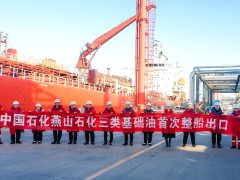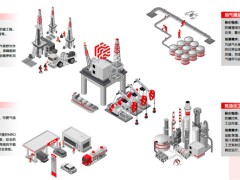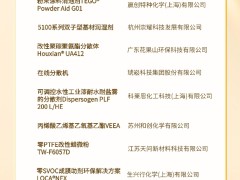据油价网6月15日消息称,知情人士对《华尔街日报》表示,BP正考虑分拆其在伊拉克的石油资产,包括在世界第三大油田的持股,将其分拆为一家独立于这家超级巨头之外的公司,该公司已着眼于未来几年更多地投资于清洁能源。
如果 BP 剥离其在伊拉克的业务,考虑到这家能源巨头在伊拉克工作和投资已近 100 年,这将是英国巨头希望在能源转型过程中采取的最大措施。
BP在伊拉克的业务始于20世纪20年代的基尔库克,当时这家现称为 BP 的公司帮助伊拉克找到、生产和出口Baba Gurgur油田的石油,这是当时世界上最大的油田。
鲁迈拉油田是世界第三大油田,据BP估计,其可采储量约为170亿桶。
BP 作为运营商,鲁迈拉油田的日产量为150万桶,约为欧佩克仅次于沙特阿拉伯的第二大产油国的三分之一。鲁迈拉的石油产量自2010年以来增加了40%。
据《华尔街日报》消息人士称,该公司在伊拉克的分拆计划可能与BP最近宣布的在安哥拉开展石油业务的计划类似。
上个月,BP 和意大利埃尼集团表示,他们将探索将各自在安哥拉的利益合并为一家新的自筹资金的合资企业。BP 表示,两家公司已任命顾问,以支持他们为新合资企业筹集资金。
分析师称,将石油资产分拆成自有债务、自筹资金的独立实体,可以让 BP 和其他大型石油公司专注于低碳能源和技术投资。
曹海斌 摘译自 油价网
原文如下:
BP Plans To Spin Off Its Iraqi Oil Assets Into Separate Company
BP is considering spinning off its oil assets in Iraq, including its holding in the world’s third-largest oilfield, into a company separate from the supermajor, which has set its sights on investing more in clean energy in coming years, sources with knowledge of the plan told The Wall Street Journal.
If BP spins off its Iraqi operations, this will be highly symbolic of the course the UK major wants to take in the energy transition, considering that the energy giant has been working and investing in Iraq for nearly 100 years.
BP’s presence in Iraq began in Kirkuk in the 1920s when the company that is now known as BP helped Iraq to locate, produce, and export oil from Baba Gurgur, which was the largest oil field in the world at the time.
Rumaila, the third-largest producing field in the world, is estimated to have around 17 billion barrels of recoverable oil remaining, according to BP.
With BP as an operator, the Rumaila oilfield produces 1.5 million barrels per day (bpd) of oil, or around a third of the crude oil pumped in OPEC’s second-largest producer after Saudi Arabia. Oil production at Rumaila has increased by 40 percent since 2010.
According to the Journal’s sources, the spin-off plans for Iraq could be similar to the plans BP has recently announced for its oil operations in Angola.
Last month, BP and Italy’s Eni said they would explore combining their respective Angolan interests into a new self-funded joint venture. The companies have appointed advisors that will support them in raising finance for the new joint venture, BP said.
Spinning off oil assets into self-funded separate entities with their own debts could allow BP and other Big Oil firms to focus on investment in low-carbon energy and technologies, analysts say.
免责声明:本网转载自其它媒体的文章,目的在于弘扬石化精神,传递更多石化信息,并不代表本网赞同其观点和对其真实性负责,在此我们谨向原作者和原媒体致以敬意。如果您认为本站文章侵犯了您的版权,请与我们联系,我们将第一时间删除。







